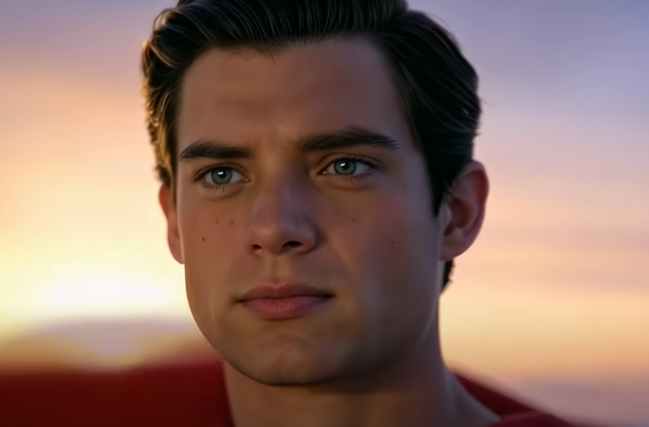
The digital age has blurred the lines between fantasy and reality, and nowhere is this more evident than on YouTube. A new wave of hyper-realistic movie trailers – crafted not by Hollywood studios but by independent creators – has sparked curiosity, confusion, and controversy. While these videos dazzle millions, their rise hints at a deeper, unspoken collaboration between creators and the very studios whose content they mimic. The story behind these trailers is as much about technology as it is about tacit alliances reshaping entertainment marketing.
Hollywood’s silent partnership with Artificial Intelligence creators reveals a lucrative and controversial marketing loophole.
The studio strategy and artificial intelligence’s double-edged sword
According to Deadline, some major studios
adopted a paradoxical strategy: instead of cracking down on fake Neural network-generated trailers, they quietly claimed ad revenue from them. Warner Bros. Discovery allegedly monetized Screen Culture’s Superman
and House of the Dragon
videos, while Sony profited from fake Spider-Man
trailers. This approach, though profitable, drew fierce criticism from SAG-AFTRA, describing it as “race to the bottom
”, which accused studios of taking unfair advantage of actors’ likenesses and undermining creativity.
Warner Bros, Sony, and Paramount have monetized the fake AI YouTube trailers
Instead of copyright striking the videos, they’ve asked revenue to flow in their direction
(via @Deadline) pic.twitter.com/D70zM6MegY
— Culture Crave 🍿 (@CultureCrave) March 28, 2025
The studios’ motives remain unclear, but their actions suggest a calculated gamble. Copyright enforcement was inconsistent – Warner Bros. reportedly issued a strike for a Furiosa
trailer but allowed other Mad Max
videos. Similarly, Amazon removed a The Boys
fake trailer once but ignored repeats. Nikhil P. Chaudhari, founder of Screen Culture, estimated only 10% of his videos faced monetization claims. His channel, leveraging tools like Midjourney and ElevenLabs, doubled its reach to 1.4 billion views in two years, often outranking official trailers on YouTube.
Read More: After an AI Outrage Against Ye’s ‘Vultures’ Album, Fans Stand Divided on Rapper’s Latest Outlook
Artificial Intelligence’s uncanny ability to resurrect actors, rewrite plots, and mimic Hollywood magic has turned fake trailers into a viral arms race – with viewers caught in the crossfire.
The phenomenon of fake trailers on Youtube
A fan-made Superman
trailer featuring AI-generated shots of David Corenswet and Milly Alcock dropped recently (Screen Culture). Last year, even French national television was tricked, which aired another fake trailer of Superman
as legitimate news. Director James Gunn publicly condemned the video through his X handle. This incident underscored how advanced AI tools have made these trailers nearly indistinguishable from official content. Even mainstream directors are embracing AI, as seen in the recent The Electric State,
where filmmakers used AI for voice modulation.
Ben Affleck: “AI can’t make film that is considered art.”
AI-generated trailer of Lord of the Rings in a Trailer Park: “Hold our beer.” pic.twitter.com/1dtzzkcNFp
— Bearly AI (@bearlyai) December 13, 2024
The trend is not new. In 2005, Australian YouTuber VJ4rawr2 uploaded Titanic 2: Jack’s Back
, a viral fake sequel trailer imagining Leonardo DiCaprio’s revival in modern New York. It amassed 53 million views before being blocked by 20th Century Fox. Today, AI has industrialized the process, enabling creators to churn out hypothetical scenarios like Anya Taylor-Joy in Frozen: Live-Action
or Leonardo DiCaprio in Squid Game
– often garnering press coverage and fan debates. As AI reshapes storytelling and studios walk a tightrope between profit and principle, the battle over who controls the future of movie marketing – and whose likeness pays the price – has only just begun.
What are your thoughts on the rise of fake trailers and AI’s role in Hollywood? Join the conversation below!
